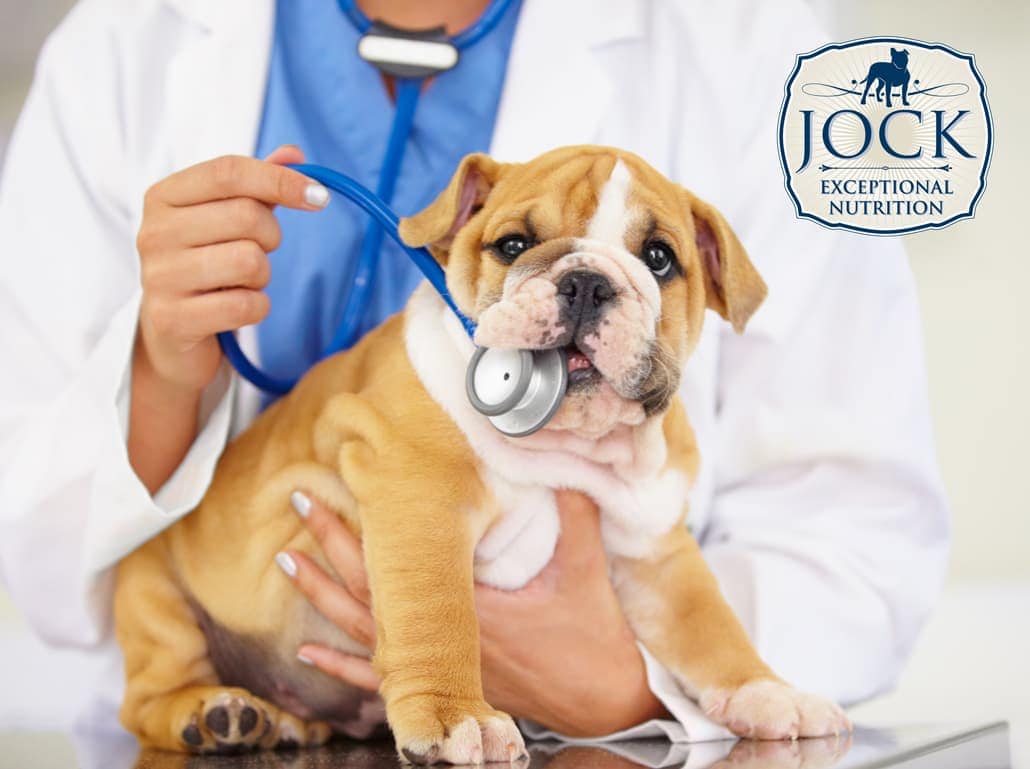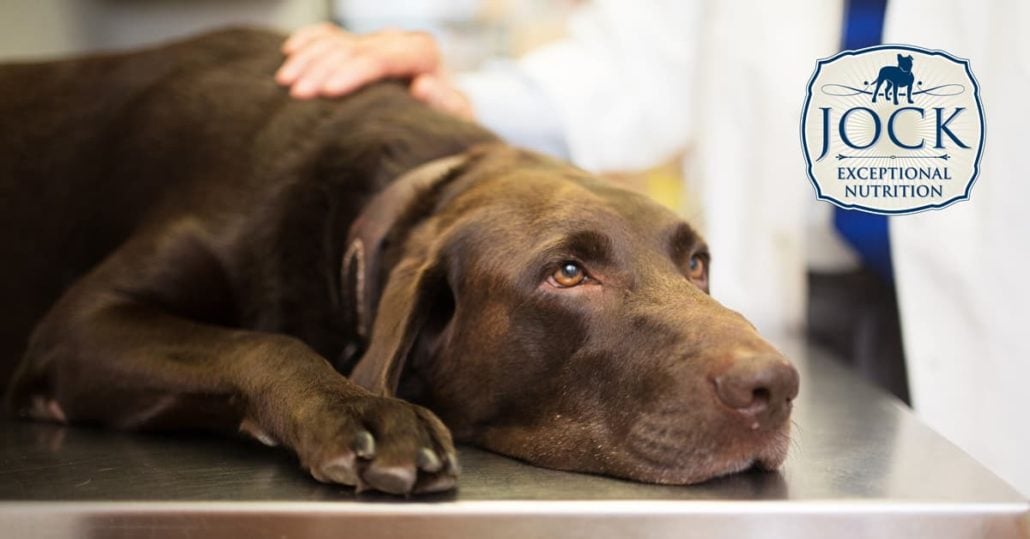Taking your precious pup to the vet has to be one of the most daunting activities for pet and owner. Dogs don’t speak Human, which means we don’t always understand why they are feeling unwell or what seems to be wrong. That’s why we asked our resident reporter hound Superdog (who is fluent in Human) to represent canines and ask the expert on this matter.
Superdog: I really don’t like going to the vet. No offence Doc, but the bumpy car rides and prodding and poking just isn’t my idea of fun.
Expert: Understandably so, Superdog. However, going to the vet for routine check-ups and vaccinations is necessary to prevent serious illnesses which are much more unpleasant than a bumpy car ride.
Superdog: I guess a moment’s pain is a lifetime’s gain. What are some of the essential vet visits?
Expert: First of all – all dogs need their vaccinations done at the vet. Every puppy needs four core vaccinations, which covers rabies, canine distemper, adenovirus infection and parvovirus infection. Other non-core vaccinations include kennel cough. Your local vet and animal clinic will know exactly what is necessary for your dog.
Superdog: When exactly, will I have to come in for these vaccinations?
Expert: This is the usual programme that veterinarians follow:
• First vaccination at 6 weeks
• Second vaccination at 9 weeks
• Third vaccination at 12 weeks which includes the first rabies vaccination
• Second rabies vaccination at 15 weeks
• Revaccination at one year of age
• Revaccination every 3 years, including rabies
Depending on where and at what age you found your furry friend, they might have had one or two of these vaccinations already. Commonly, puppies have a vaccination and check-up booklet which indicates when they are due for their next vaccination. It’s recommendable to take your new puppy or dog for a check-up to ascertain what needs to be done.
Superdog: Is that it? No other check-ups?
Expert: Unfortunately not Superdog. It’s a good idea to take your pup in for a check-up once a year or every six months after their first year. This includes a check-up of your dental health, which you can read more about in our Ask the Expert: Canine Dental Health article.
Superdog: You haven’t mentioned the most dreaded visit of all Doc…
Expert: Of course. Your vet will recommend that your paw pal come in for neutering at around six months. It’s not fun, but neither is getting your neighbours’ dog pregnant or trying to look after more dogs when you’re not equipped to do so.
Superdog: True…any parting words of wisdom, Doc?
Expert: It’s not always easy to determine whether your dog is sick or requires a vet visit. If your dog is feeling strange, it will be reflected in their demeanour. Look out for symptoms such as appetite changes, change in activity, stiffness, coughing and changes in bowel movements. Monitor them closely to determine if they’re getting better. If problems persist after a day, rather be safe and bring them to your local vet.

